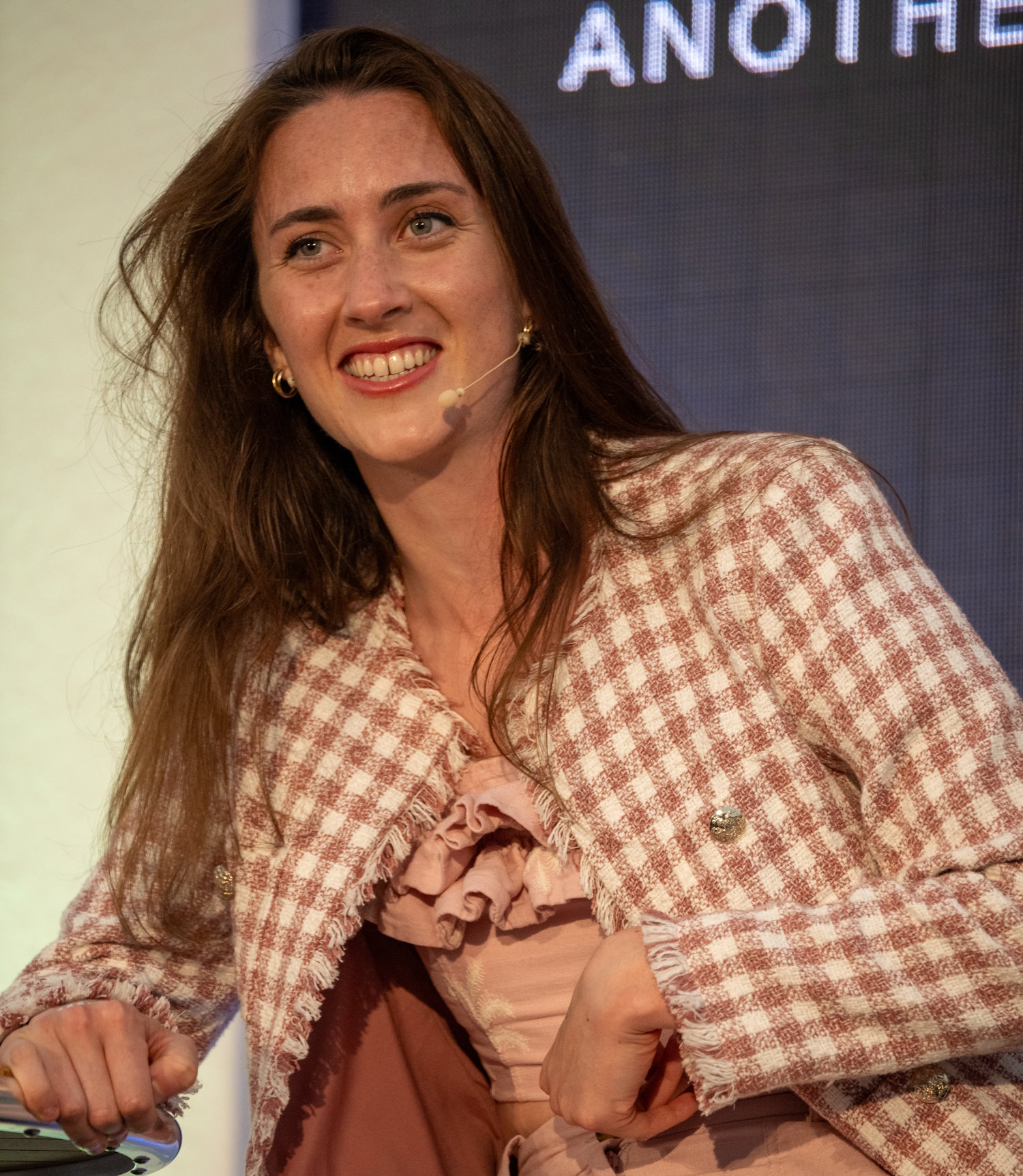72. LADIES OF LETTERS: LIFE AS A LITERARY TRAILBLAZER
Laura Bailey, Francesca Peacock
Friday 28th June 10:30
Born in 1364, Christine de Pizan is known as the first professional female writer, whose diverse works ranged from politics to poetry. Over 250 years later, polymath Margaret Cavendish was one of the first English women to publish under her own name. Francesca Peacock author of Pure Wit: The Revolutionary Life of Margaret Cavendish and historian Laura Bailey discuss these two trailblazing women, their revolutionary lives and works, and what it meant to be a woman writer in the medieval and early modern periods.
73. CUNNING FOLK: LIFE IN THE ERA OF PRACTICAL MAGIC
Alice Loxton, Tabitha Stanmore
Friday 28th June 11:45
It’s 1600 and you’ve lost your precious silver spoons, or maybe they’ve been stolen. Perhaps your child has a fever. Or you’re facing trial. Maybe you’re looking for love or escaping a husband. What do you do? In medieval and early modern Europe, your first port of call might have been cunning folk: practitioners of ‘service magic’. Neither feared (like witches), nor venerated (like saints), these people were essential: a ubiquitous presence at a time when the supernatural was surprisingly mundane and a cherished everyday resource. Tabitha Stanmore transports us to a time when magic was used to navigate life’s challenges and solve problems of both trivial and deadly importance. Discover lovelorn widows, selfless healers and renegade monks; listen in on Queen Elizabeth I’s astrology readings and track treasure hunters who try to keep peace with fairies. Much like us, premodern people lived in bewildering times, buffeted by forces beyond their control – and their faith in magic has much to teach us about how we accommodate ourselves to the irrational in our allegedly enlightened lives today.
77. UKRAINE REMEMBER ALSO ME: TESTIMONIES FROM THE WAR
George Butler, Francesca Peacock
Friday 28th June 13:15
While reporting on the war in Ukraine, George Butler has created striking and intimate illustrations to introduce us to the people behind the headlines. His drawings, made in a variety of places, from missile-scarred streets to nursing homes, vividly capture stories of family, tragedy and perseverance. These powerful portraits of war and conflict are a timely reminder of the humanity we all share and our universal need for peace. A stunning, illuminating and sensitive look at stories that deserve to be told.
81. FROM SCROLLS TO SCROLLING: WRITING HISTORY IN THE 21ST CENTURY
Laura Bailey, Honor Cargill-Martin, Rachel Cockerell
Friday 28th June 14:30
While spending endless days in dusty archives is still very much a feature of the life of the historian, technology has changed history writing completely. The new generation of historians have the most incredible range of resources at their fingertips, but how does a historian present a new narrative when the primary resources are mostly long gone? Rachel Cockerell, author of a book about the search for a Jewish homeland before World War I, Honor-Cargill Martin, biographer of the Empress Messalina, and medieval historian Laura Bailey will compare their experiences of writing history in the 21st century.
85. EINSTEIN IN TIME AND SPACE
Rachel Cockerell, Samuel Graydon
Friday 28th June 15:45
His face is instantly recognisable. His name is shorthand for genius. Today, he’s a figurehead as much as a man, symbolic of things larger than himself: of scientific progress, of the human mind, even of the age. But who really was Einstein the man? The Nobel Prize-winning physicist who discovered relativity, black holes and E = mc2, the man who dined with Charlie Chaplin in Hollywood and was the inspiration for (highly radioactive) element 99, or the high school dropout with an FBI file 1,400 pages long? Samuel Graydon, science editor at the Times Literary Supplement, brings history’s most famous scientist back to life, telling the stories of his lost daughter, escaping the Nazis, his unlikely inventions, telling jokes to cheer up his sad parrot Bibo, refusing the Presidency of Israel and many more that tell us a little more about who Albert Einstein really was.
87. WRITING ON THE WALL: GRAFFITI, REBELLION AND THE MAKING OF 18TH-CENTURY BRITAIN
Alice Loxton, Madeleine Pelling
Friday 28th June 17:00
What if walls could talk? For historian Madeleine Pelling, they can – if you know where to look. From the centre of London to the islands of the Caribbean, Pelling goes in search of graffiti, evidence of how ordinary people experienced the world-changing events that defined their lives – from political prisoners to sex workers, homesick sailors, Romantic poets and the artisans of the industrial revolution. Here are lives, loves, triumphs and failures, scratched into the walls of prisons and latrines, chalked up on doors and etched into windows. The names of their creators may be lost to history, but together they tell the real story of Britain’s most rebellious and transformative century.
90. THIS IS NOT AMERICA: WHY BLACK LIVES IN BRITAIN MATTER
Tomiwa Owolade, James Marriot
Friday 28th June 18:15
Across the West, racial injustice has become one of the most divisive issues of our age. In the rush to address inequality and prejudice, and to understand concerns around identity, immigration and colonial history, Britain has followed the lead of the world’s dominant power: America. We judge ourselves by America’s standards, absorb its arguments and follow its agenda. But what if we’re looking in the wrong place? Journalist and author Tomiwa Owolade presents a bold new framework for understanding race in Britain today by arguing that we must acknowledge the specific history, challenges and achievements of black populations in Britain, rather than viewing things through the prism of American ideas.



